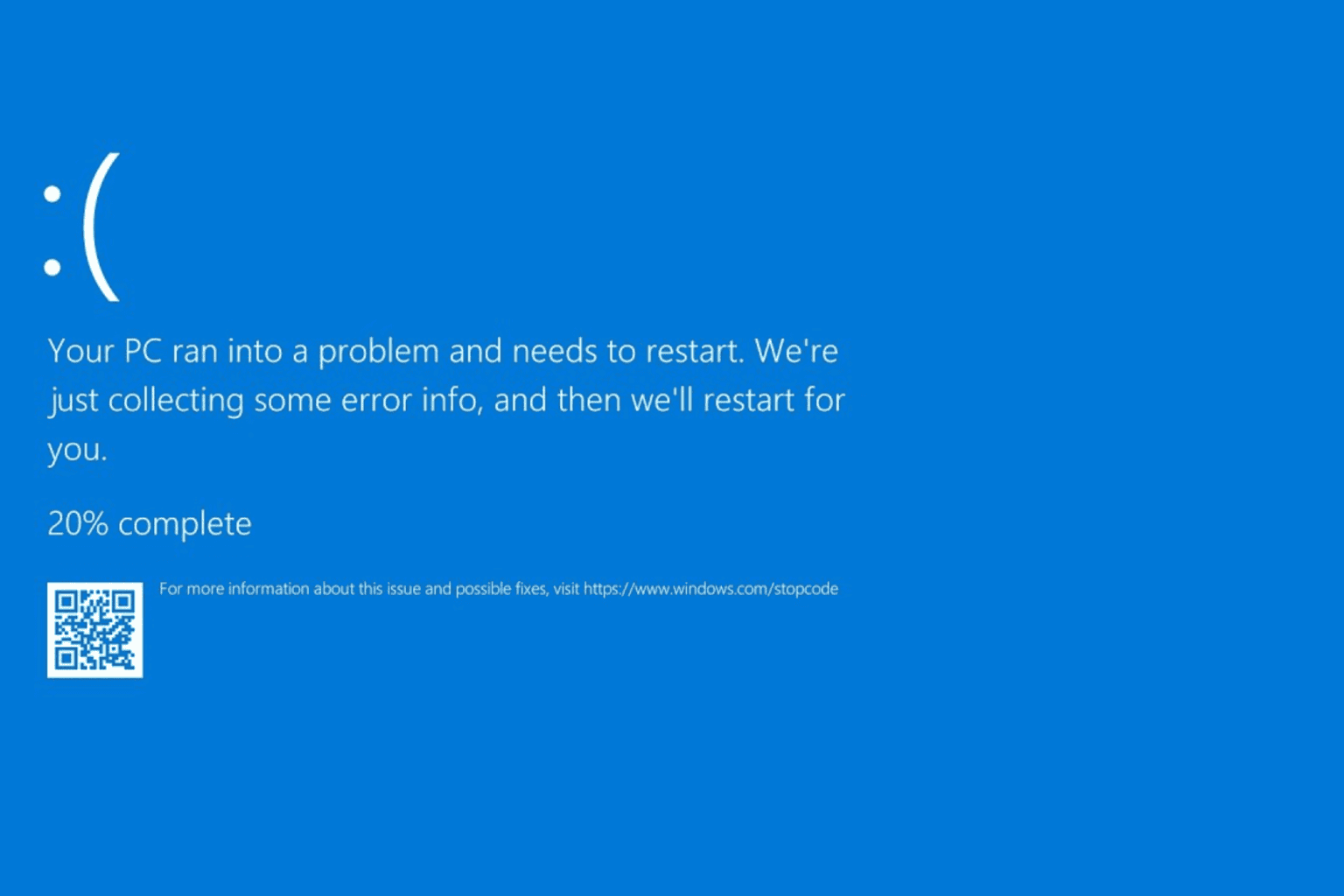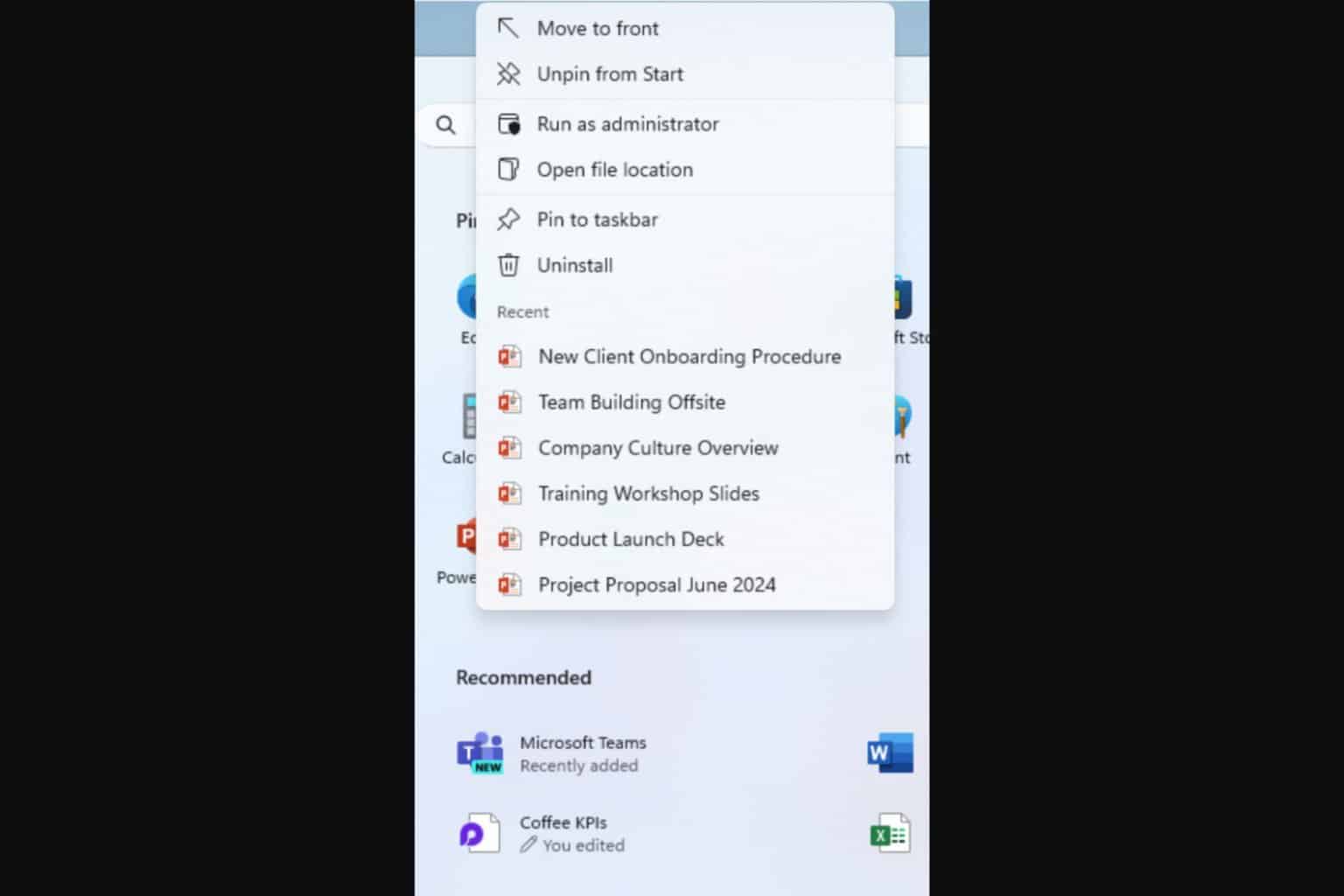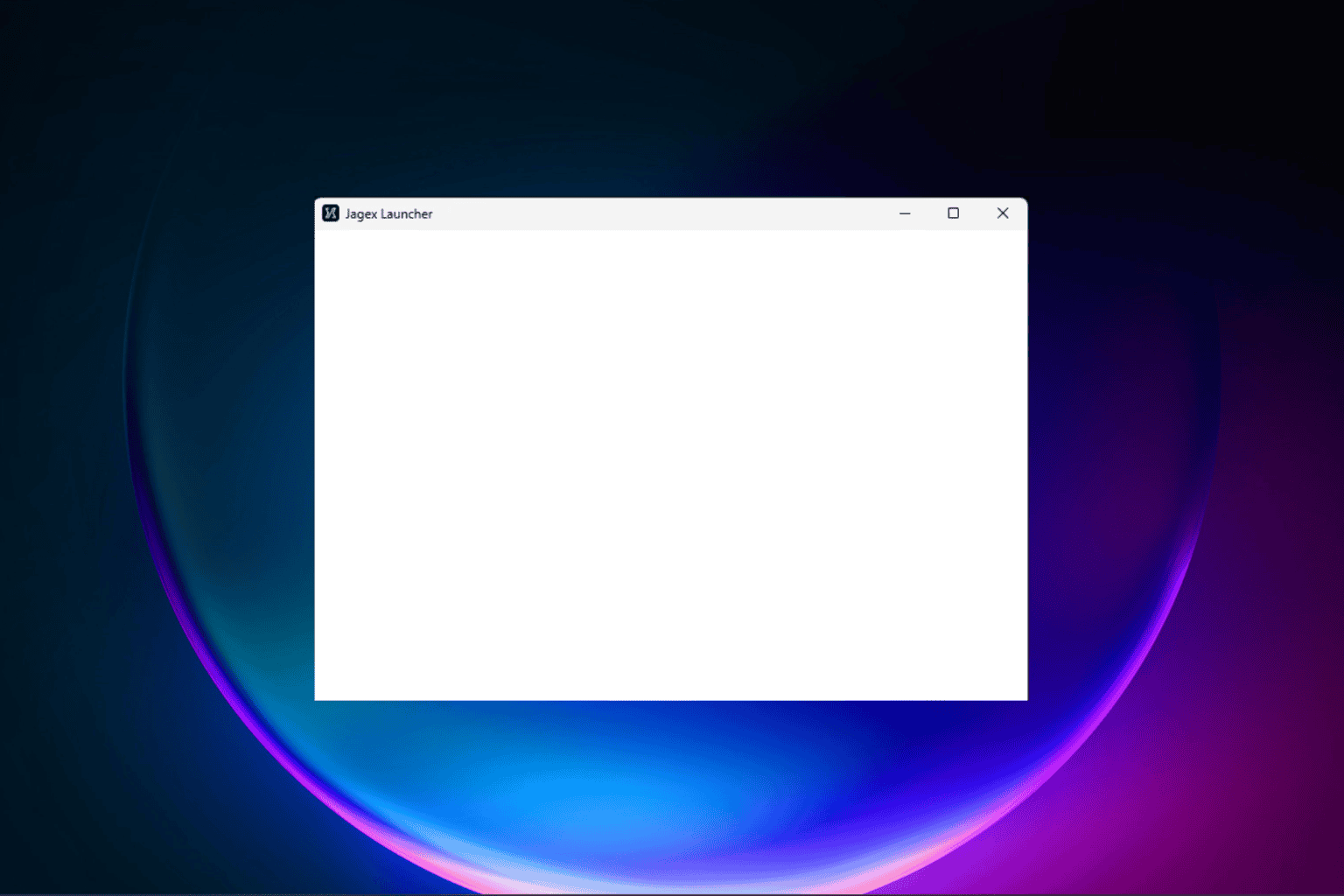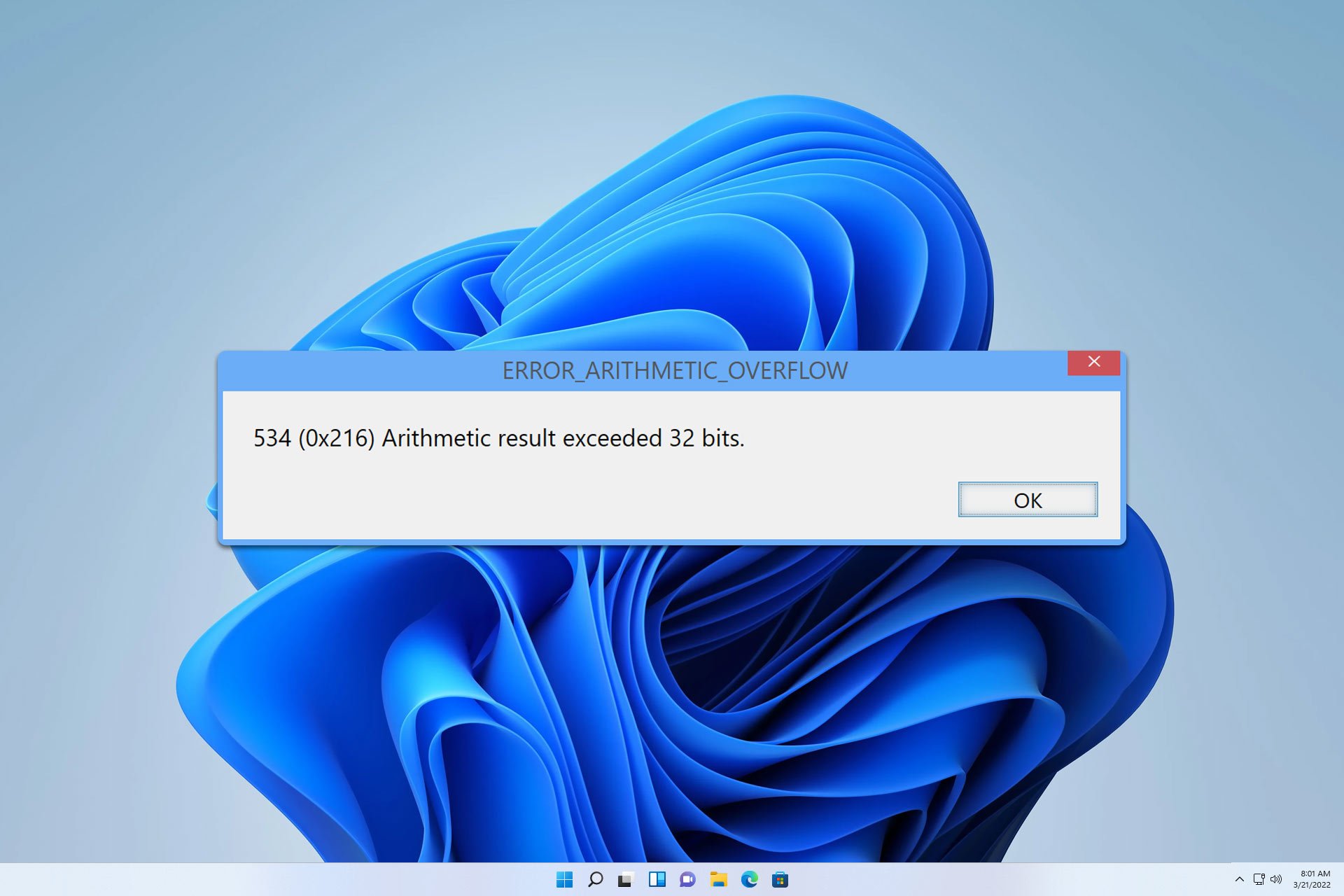Microsoft introduces LAMBDA functions for Excel
2 min. read
Published on
Read our disclosure page to find out how can you help Windows Report sustain the editorial team. Read more

Microsoft’s Excel is one of the stalwarts of the company’s business tools, used by millions around the world for everything from creating shopping lists to running multi-million dollar businesses. First introduced way back in 1985 (and preceded by another spreadsheet from Microsoft called Multiplan) for the Apple Macintosh, Excel has grown to become as close to a universal business tool as there is.
Excel has been a full featured spreadsheet for quite some time, and while the program has introducing new data types, forecasting tools, and data cards, the basics of Excel have remained largely the same. Recently, however, Microsoft has introduced new tools that go back to the basics, first with the introduction of XLOOKUP, a rebuilt version of the tried and true VLOOKUP, and now today with LAMBDA, a new way to turn Excel formulas into custom functions.
For the first time, Microsoft says, Excel, with the introduction of LAMBDA, is “Turing Complete,” meaning that a system is “able to recognize or decide other data-manipulation rule sets.” Basically, the LAMBDA function allows you to define your own custom functions, and then re-use them throughout your spreadsheet. Up until now, if you had a complex function written in Excel and needed to use it in multiple places in your spreadsheet, you would have to copy/paste the function multiple times. This meant that any changes to the function would have to be recreated in all the places it existed. With LAMBDA, spreadsheet users can now give those complex functions a name, and then call them using a named LAMBDA, not only making management much more efficient, but also allowing for these functions to be recursive (meaning you can now create loops in formulas). You can read the blog post for more on this new function.
LAMBDA is being introduced in the Excel Beta Channel via the Office Insider program, and is still a work in progress, but a welcome one for many spreadsheet users.








User forum
0 messages